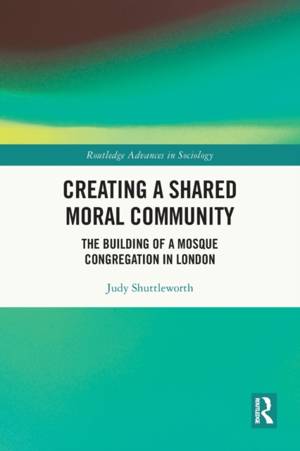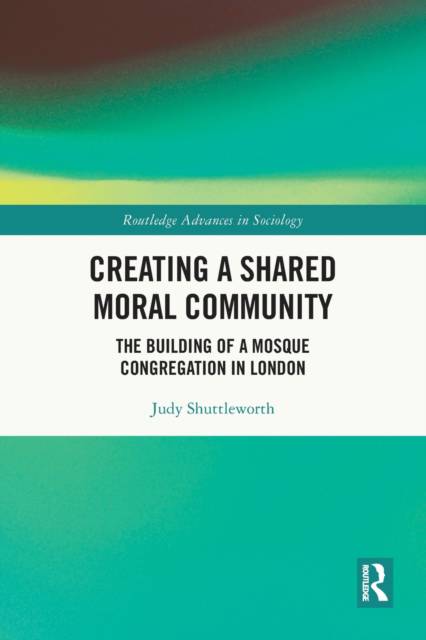
- Retrait gratuit dans votre magasin Club
- 7.000.000 titres dans notre catalogue
- Payer en toute sécurité
- Toujours un magasin près de chez vous
- Retrait gratuit dans votre magasin Club
- 7.000.0000 titres dans notre catalogue
- Payer en toute sécurité
- Toujours un magasin près de chez vous
Description
This book explores the religious, educational, and social practice of a Muslim congregation and the moral world it generated within a mosque in UK.
The life of the mosque is described through religious practice, communal activities and informal encounters and the history and ideas that shaped the moral world and thinking of the Indo-Guyanese who built it. Marked by a double diaspora experience with its implication of loss and re-imagining, the congregation's conception of living a Muslim life is embodied in both ritual and in styles of comportment and socializing while religious concerns are voiced in sermons, in religious classes and in responses to everyday situations. Links are made between anthropology and developmental and psychoanalytic understandings of embodied experience and the emergence of ethical capacity.
This account contributes to the literature on Muslim communities in Europe and 'ordinary ethics.' As such, the book will be of interest to sociologists and anthropologists, to those involved in religious and psycho-social studies, and to clinicians working with Muslim communities.
Spécifications
Parties prenantes
- Auteur(s) :
- Editeur:
Contenu
- Nombre de pages :
- 180
- Langue:
- Anglais
- Collection :
Caractéristiques
- EAN:
- 9780367529857
- Date de parution :
- 31-03-23
- Format:
- Livre broché
- Format numérique:
- Trade paperback (VS)
- Dimensions :
- 156 mm x 234 mm
- Poids :
- 272 g

Les avis
Nous publions uniquement les avis qui respectent les conditions requises. Consultez nos conditions pour les avis.






